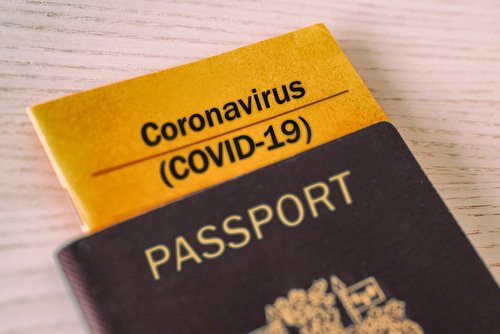Brussels (Brussels Morning) The European Parliament approved the introduction of a bloc-wide COVID-19 passport, Reuters reported on Thursday.
The EP still needs to negotiate the plan with EU member states and the European Commission before the idea can be implemented.
Southern bloc members are seeking to introduce the new document in hopes of reviving tourism as the summer season approaches. Their hope is that the measure would help their tourism-reliant economies get up and running.
According to the plan, the bloc would introduce a document that would allow vaccinated people and those with a negative virus test to travel.
EU members disagree
The plan faces a range of obstacles reflecting the different approaches and goals of individual EU member states.
Diplomats have pointed out that discrimination against the unvaccinated, privacy issues, differences in recognition of tests and other disagreements among member states will make it difficult to find common ground.
While they expect the document to be introduced, the assumption is that EU members would retain or demand a major say as to what specific privileges they would grant to holders.
MEPs overwhelmingly voted in favour of the “EU COVID-19 certificate”, which is to replace the Digital Green Certificate proposed by the EC. They maintained that EU member states should provide free testing and exempt holders from additional travel restrictions.
Not a travel passport
On Thursday, EC spokesman Eric Mamer, making clear that “the certificate is not about allowing or forbidding travel”, stressed that “it has nothing to do with that.”
According to the proposal, EU member states would provide travel privileges to people vaccinated with shots approved by the European Medicines Agency (EMA), while each member state would decide how to treat those inoculated with other vaccines.
As the bloc’s bureaucracy inches towards a conclusion, many EU member states are striking their own bilateral agreements to recognise vaccine certificates in a bid to ease travel.
This could result in a diverse set of rules across the bloc, which could prove an obstacle to the planned standardisation of travel rules across the EU.




